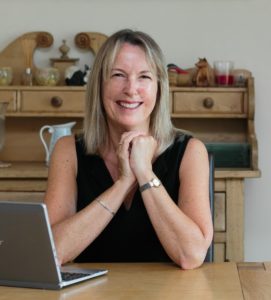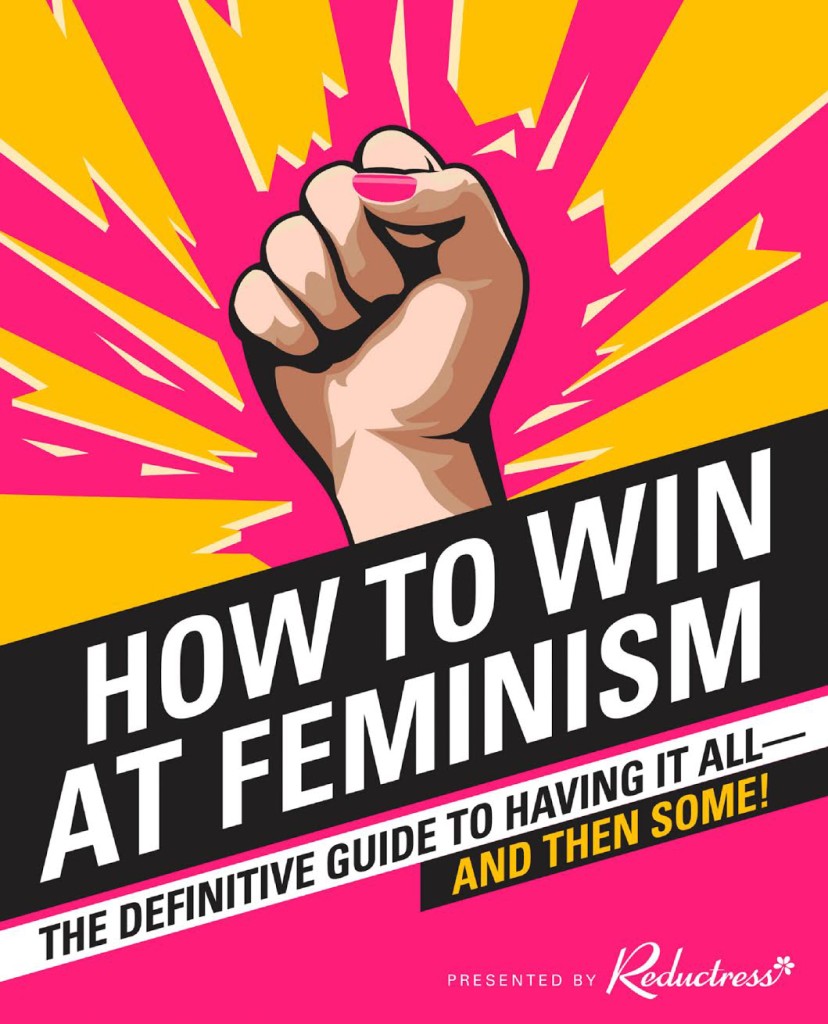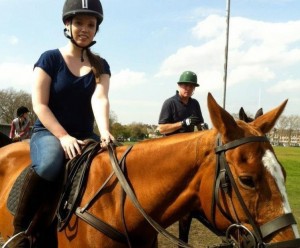My very first piece of writing advice wasn’t from a writer or about writing but it was advice that would one day help me in my writing career. I was twenty-two and had just taken up my first teaching position at a junior school with open-plan classrooms divided only by bookcases. Being very new to teaching, and still finding my feet (or my voice, if you like), I was always looking for ways to make my teaching more effective. In the classroom area next to mine was a more experienced teacher who, because of the way the classrooms were laid out, could easily be heard. I was impressed with her control of the class and the attention the children gave her. Realising it was something in her voice (her tone, her inflection, her choice of words) I decided that if I copied her style of teaching, I too would achieve success. How naïve! Of course, it was a disaster – a bit like being on stage and being cast in the wrong role.
Back in the staffroom at break time, the teacher I’d been trying to copy could tell something was wrong. When I told her what had happened, she was very kind, sitting me down and making me a coffee before telling me that no two teachers taught in the same way and the children wouldn’t expect them to. In time I would find my own voice. One that I felt comfortable with. One that would be true to me. When I started writing for magazines, I remembered this advice. I didn’t try to copy the style of any other authors, I just wrote stories I loved – in my own way. My first sale came quickly and I have that teacher to thank!
 The most recent piece of writing advice I received was from the writing community on social media. It was during a period when I had become disillusioned with the long and tortuous road you needed to travel in order to get your novel published. With magazine writing, you write a story, sub it, forget about it and start on another. There is no middle man (the agent) and, because I have several stories being considered at one time, it feels as though things are always happening. With a novel, you submit to agents and then wait, sometimes many months, for the inevitable rejection. Even if an agent requests the full manuscript (which happened to me six times) it can be months before hearing anything… if at all. In fact, I am still waiting. The readers of my Facebook post heard my sorry tale. Their advice was to submit directly to the publishers who accept manuscripts without the need of an agent. I did and it’s the best advice I could have been given.
The most recent piece of writing advice I received was from the writing community on social media. It was during a period when I had become disillusioned with the long and tortuous road you needed to travel in order to get your novel published. With magazine writing, you write a story, sub it, forget about it and start on another. There is no middle man (the agent) and, because I have several stories being considered at one time, it feels as though things are always happening. With a novel, you submit to agents and then wait, sometimes many months, for the inevitable rejection. Even if an agent requests the full manuscript (which happened to me six times) it can be months before hearing anything… if at all. In fact, I am still waiting. The readers of my Facebook post heard my sorry tale. Their advice was to submit directly to the publishers who accept manuscripts without the need of an agent. I did and it’s the best advice I could have been given.
Finally, the piece of advice I’d like to pass on is easy. Be kind to yourself. Set reasonable goals (if that’s the type of writer you are) and don’t beat yourself up if you don’t manage to achieve them. Also have breaks from your writing. If I go on holiday, I leave my writing equipment behind. The rest recharges my battery and helps me put my writing into perspective. This doesn’t mean that my brain isn’t still working behind the scenes though. Often, when I switch off from writing, an idea for a story, or the answer to a difficult plot problem, will float into my head as if from nowhere. Writing isn’t something to be forced but to be enjoyed and, if it isn’t, maybe it’s time to ask ourselves why we’re doing it.
Wendy Clarke has had over two hundred short stories, and two serials, published in national women’s magazines such as The People’s Friend, Take a Break Fiction Feast and Woman’s Weekly. She lives with her husband in Sussex and has just finished writing her debut novel.
https://wendyswritingnow.blogspot.com/



